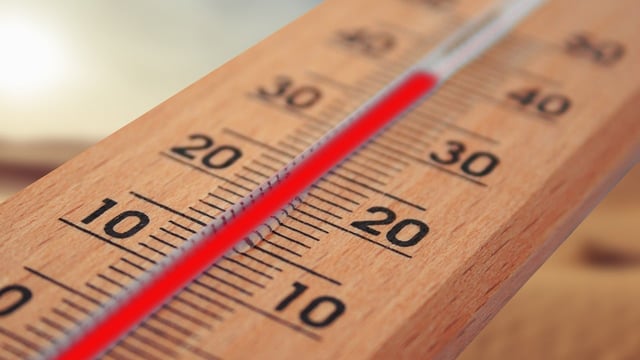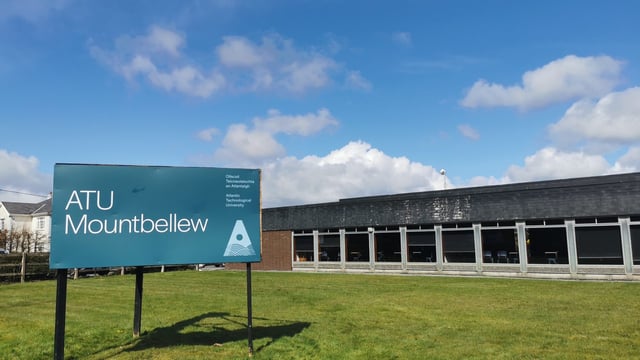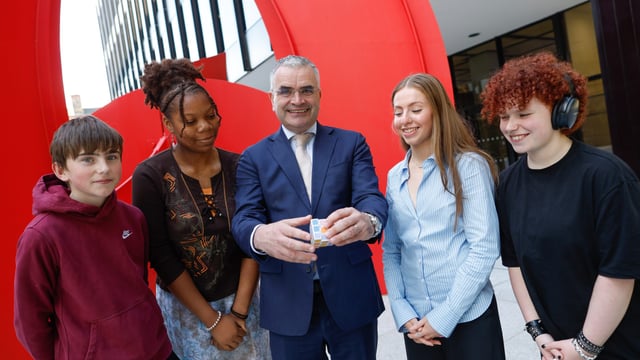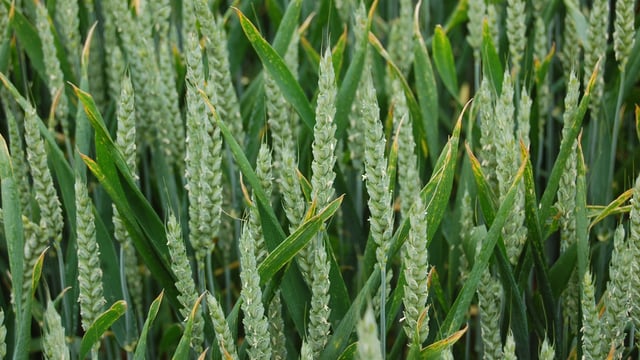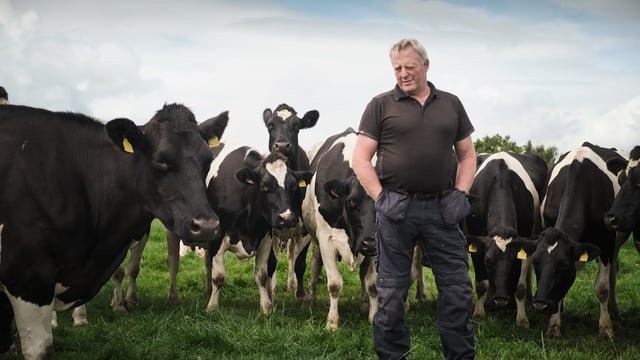Officials update on derogation process as post-2025 uncertainty continues
Officials from the Department of Agriculture, Food and the Marine (DAFM) have given an update on the process to secure a nitrates derogation post-2025 as uncertainty continues for farmers.
DAFM chief inspector Bill Callanan, has said that securing a further nitrates derogation is a "key priority for the government".
Callanan went before the Oireachtas Joint Committee on Agriculture and Food this afternoon (Wednesday, September 24).
He said that as it stands, as part of the process required in securing a derogation, Ireland has now made three presentations at the EU nitrates committee in Brussels, the most recent of which was last Friday.
Public consultation
Although he did not confirm a date, Callanan said that proposed measures are now being finalised to be brought forward for public consultation in the coming weeks under the Nitrates Action Programme.
This will be alongside a draft natura impact statement and the draft strategic environmental assessment that must accompany it, he said.
"Over the coming months, the Department of Agriculture, the Department ofHousing and the broader government will all continue to work together, to engage with stakeholders both on the next Nitrates Action Programme and on the derogation, to ensure we get the best possible outcome for Ireland post-2025," Callanan said.
This comes as Minister Martin Heydon has confirmed that the European Commissioner for Environment will visit Ireland this year.
The minister met with Commissioner Jessika Roswall in Brussels this week to discuss Ireland's request for a continuation of the derogation.
Minister Heydon said he emphasised the importance of the derogation to the commissioner, and also extended a formal invitation to come to Ireland.
The purpose of the visit, the minister said, would be to "view first-hand the collaborative work being done" by the agri-food sector on improving water quality.
Habitats Directive
It was revealed in recent months that the European Commission has told Ireland it must demonstrate compliance with the Habitats Directive when granting farmers a nitrates derogation.
Under the Habitats Directive any plan or project "likely to have a significant effect on a designated site or species" must be subject to appropriate assessment of its implications for the site.
DAFM plans to carry out any screening and appropriate assessments at a catchment and sub-catchment scale to deal with the nitrates derogation compliance requirement.
Bill Callanan told the committee that it has "always been a requirement for us to have compliance with the Habitats Directive" with the overall nitrates plans being accompanied by assessments.
However, this has now evolved with a need to show compliance with requirements "at a more granular level".
"What we propose is to do it at a catchments level," Callanan said.
He said that Ireland has a "unique production system".
However, as a member of the EU, Ireland is "not unique in terms of our requirements to comply with the Habitats Directive", he said.
Callanan added that it is important that "farmers understand that the actions they are taking to improve water quality are exactly the same actions that would be required in terms of compliance with habitats".
EPA report
The Environmental Protection Agency (EPA) reported recently that average nitrogen concentrations across 20 'representative sites' increased by 16% in the first half of the year compared to the same period of 2024, which has caused concern.
Callanan said that trends in water quality have to be looked at over a period of time.
"We did have a situation of improving trends until 2015/2016, then a period of negative trend in terms of water quality," he said.
"Certainly over the last couple of years that has reverted to an improving trend overall - albeit we all remain disappointed in terms of the initial data for 2025."



